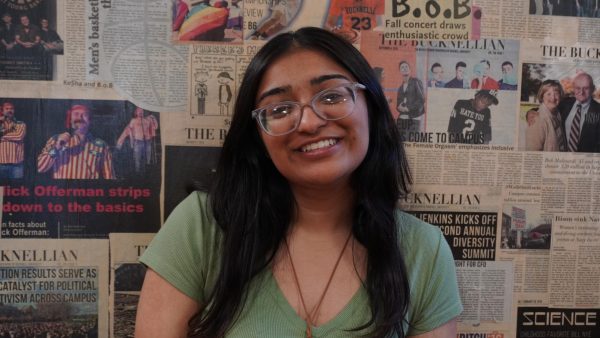Meta’s recent implementation of a feature to filter political content on its platforms, Instagram and Threads, has sparked considerable debate about its implications. This move, introduced in March, automatically limits the visibility of political content in users’ feeds, with an option to disable it available in settings. While Meta frames this action as a response to concerns about misinformation and political polarization, its potential impact on informed discourse and civic engagement raises significant concerns.
Filtering political content marks a departure from the principles of free expression and open dialogue fundamental to democratic societies. By selectively censoring certain topics or viewpoints, Meta risks shielding users from diverse perspectives and critical discussions. This not only muffles the exchange of ideas but also undermines the public’s ability to make informed decisions about societal issues.
As many individuals prepare to exercise their right to vote, especially for the first time, it is essential that they have access to varying perspectives on important political issues. Meta’s move threatens to impede this access and hinder the public’s ability to make informed decisions about matters affecting their lives and communities.
Hiding political content sets a troubling precedent for the future of online discourse. By controlling the narratives shaping online discourse, Meta holds considerable influence over the information landscape. It raises many questions about bias and transparency in digital spaces. Not to mention, the concentration of power in the hands of a private corporation with their own interests has already sparked concerns about potential abuse and manipulation of online discourse in previous years.
Think about social media’s increasing role in shaping public opinion and political engagement. Many individuals, especially younger generations, rely on social media as a primary source of news and information. Any measures that restrict access to political content risks hindering efforts to foster informed civic engagement.
Limiting visibility to political content only to those who actively follow such accounts can exacerbate existing divisions and stand in the way of exposure to diverse perspectives. When individuals are only exposed to content that aligns with their existing beliefs and preferences, it fosters ideological polarization. By restricting access to political content, especially to those who may not actively seek out diverse viewpoints, Meta is perpetuating a cycle of division and close-mindedness. In a healthy democratic society, it’s crucial for individuals to engage with a variety of perspectives and challenge their own beliefs. Limiting exposure to political content undermines this essential aspect of informed discourse.
Ultimately, Meta’s decision to filter political content represents a concerning violation of democratic principles and poses a threat to informed discourse. To safeguard the integrity of online spaces and promote secure civic engagement, platforms like Meta must prioritize transparency, accountability and the free exchange of ideas.





















